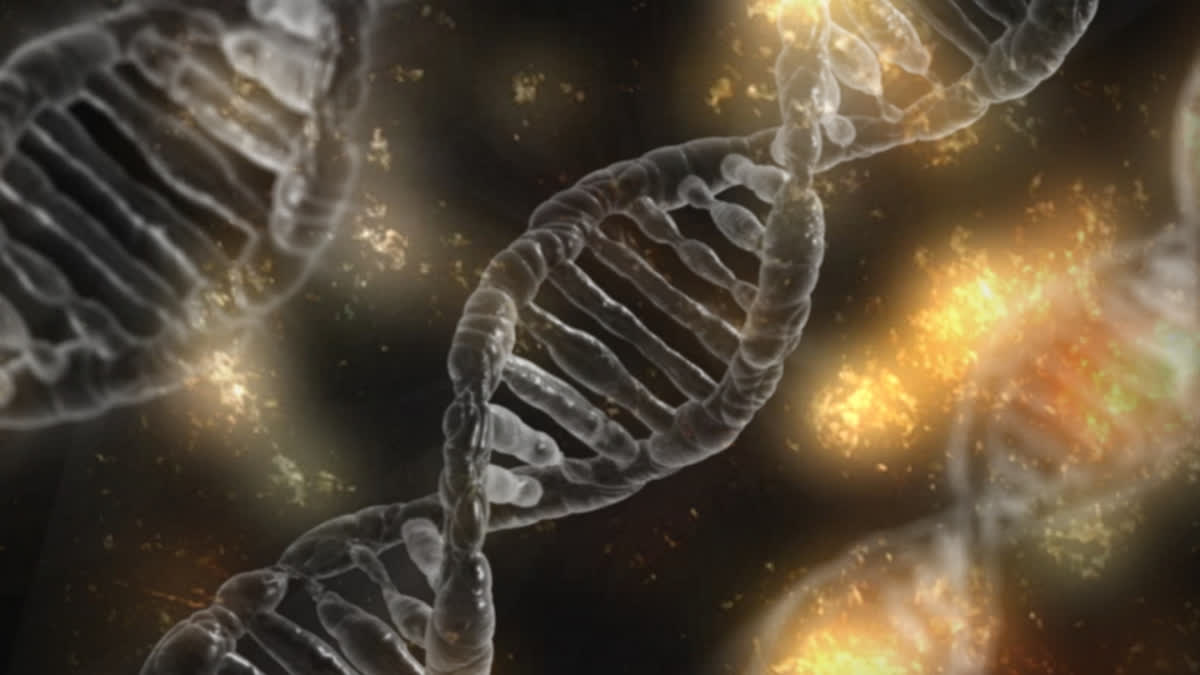New Delhi: Researchers have found that an extra copy of a gene in Down syndrome patients, also implicated in other human neurological conditions such as autism spectrum disorders, bipolar disorder and intractable epilepsy, causes improper development of neurons in mice. The gene is called Down syndrome cell adhesion molecule, or DSCAM.
An extra copy of chromosome 21, or trisomy 21, is known to be the cause of Down syndrome, but it contains more than 200 genes, including DSCAM. The researchers from University of Michigan (U-M), US, said that this presented a major challenge in Down syndrome research and treatments, which is determining which gene(s) on the chromosome contribute to which specific symptoms of the syndrome.
"For Down syndrome, we can't just sequence patient genomes to find such genes, because we'd find at least 200 different genes that are changed. We have to dig deeper to figure out which of those genes causes which problem," said Bing Ye, a neuroscientist at the U-M Life Sciences Institute and lead author of the study. Their findings are published in the journal PLOS Biology.
In this study, Ye and his team have demonstrated how an extra copy of DSCAM contributes to neuronal dysfunction by studying mice having a third copy of the mouse equivalent of chromosome 21. Ye and colleagues previously determined that overabundance of the protein encoded by DSCAM can cause overgrowth of axons in fruit fly neurons.
